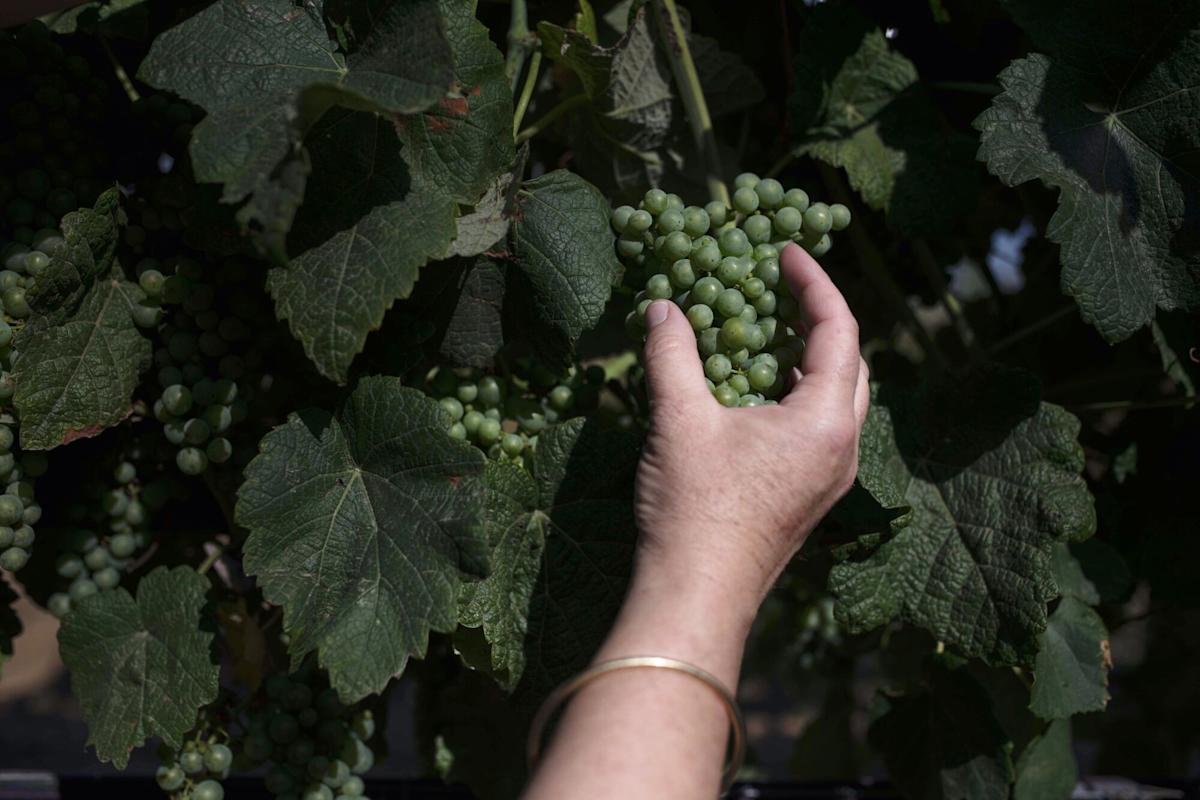(Bloomberg) — When President Donald Trump posted his 200% tariff threat on European wine, growers were already struggling with a secular decline in consumption so dire that France started paying farmers to uproot vines.
Most Read from Bloomberg
In Cave Héraclès, the country’s biggest organic wine cooperative, over 200 stainless steel tanks about as high as six-story buildings are still brimming with last year’s production, and the surrounding vines in the Occitanie region are already starting to bud again — as in the rest of Europe.
Meanwhile, following a rush to ship bottles to the US before any tariffs hit, European wineries say orders are drying up from their top customer abroad, meaning more of this year’s Merlot and Chardonnay could end up stuffed in cellars. Some of the wine might even need to be distilled into hand sanitizer.
“Our next harvest is approaching and our vats are still full,” said Jean Philippe Julien, president at the cooperative of 80,000 winemakers in the south of France and a fourth-generation grower with 45 hectares (110 acres) of vineyards in the area of Codognan. The vats need to start being emptied in July at the latest, he said, but “now that the buyers have enough wine, they’re telling us to wait.”
The punitive levy floated by Trump this month is bringing the ailing industry to a standstill even before anything has been decided. Producers are at a loss, without knowing how bad the tariffs will actually be, how much their expenses will increase and how big a discount they might need to offer. If there’s no space in their tanks for the new wine to ferment, they’ll need to incur steep costs to transport and store some of the older wine elsewhere.
American buyers, on the other hand, don’t want to take any risks with levies potentially due to be imposed as early as next Wednesday. The halting of shipments to the US is already costing wine businesses about €100 million ($107 million) a week, according to Ignacio Sánchez Recarte, secretary general of the European Committee of Wine Companies, known as CEEV.
“It’s already happening,” said Lamberto Frescobaldi, president of Italian association Unione Italiana Vini. “There are US importers that have said stop the boats and do not load the containers because if the wine or the spirits land in the United States after April 2nd, which is most of them if they’re leaving now, they’ll have to pay 200% taxes.”
Story Continues
